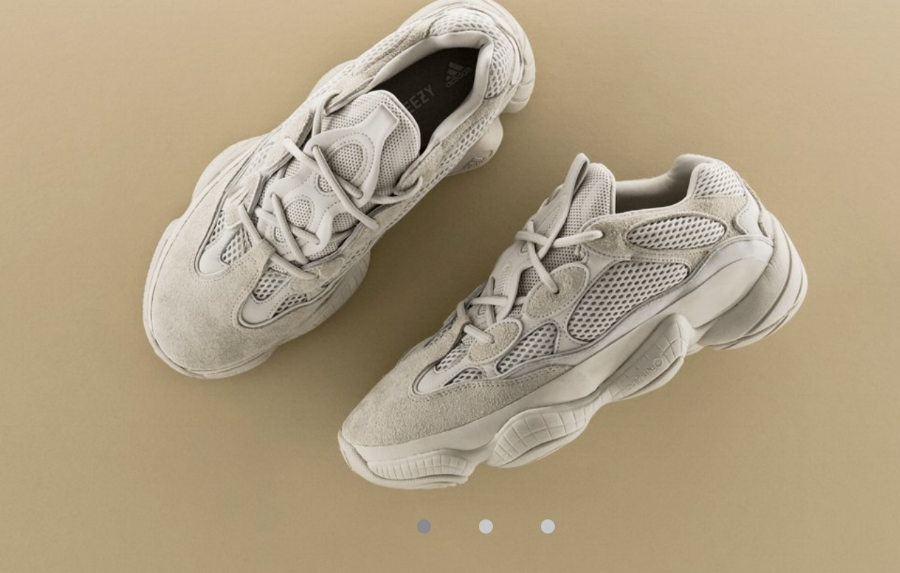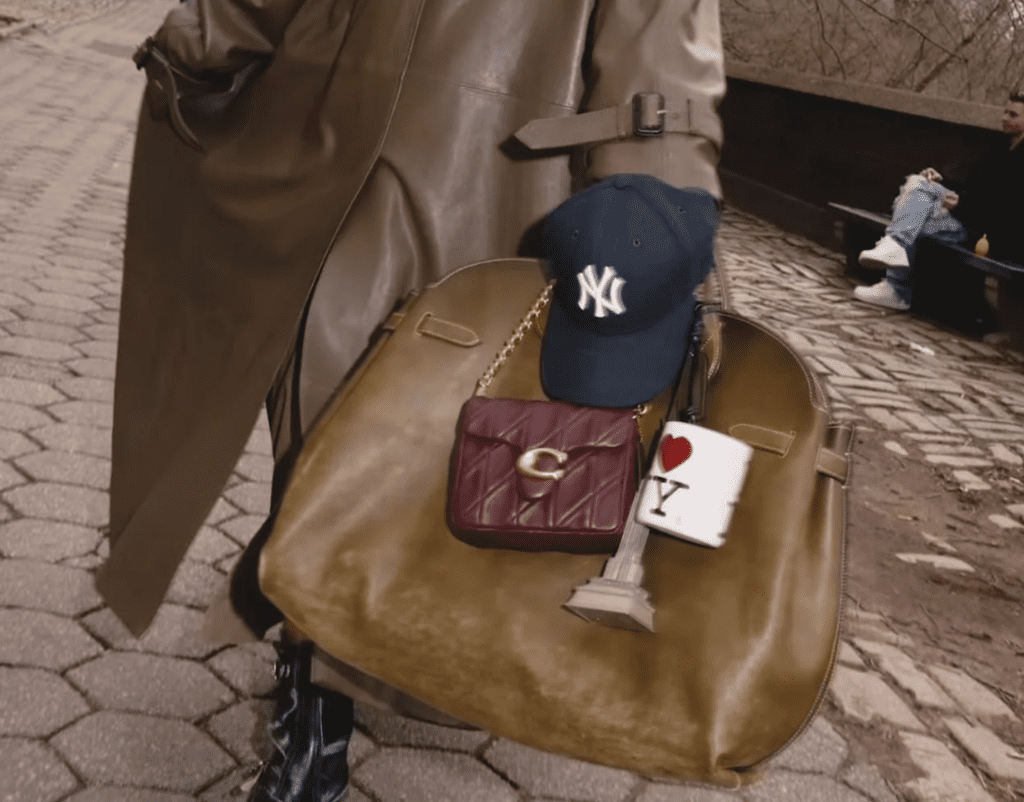
image: Stadium Goods
On the heels of that headline-grabbing Louis Vuitton x Supreme collaboration, LVMH is venturing further into the hype game. The Paris-based conglomerate’s LVMH Luxury Ventures has entered into a “partnership” (financial details of the transaction were not disclosed) with consignment sneaker store Stadium Goods, which will enable the New York-based business to fund future expansion.
For the uninitiated, Stadium Goods was founded in 2015 by Jed Stiller and John McPheters and describes itself as “a premium sneaker + streetwear marketplace selling only the most sought after footwear, apparel and other hard-to-find items on behalf of our sellers.” The company – which does the vast majority of its business via e-commerce but also boasts a brick and mortar store in Soho, New York, raised $5.6 million before LVMH Luxury Ventures entered into the picture, and per WWD, was on track to do over $100 million in gross merchandise volume in 2017.
The news of LVMH’s investment comes almost exactly a year after the conglomerate announced the formation of LVMH Luxury Ventures, a vehicle to invest in small, promising fashion, cosmetics or accessories companies. Headed by group deputy-head of mergers and acquisitions Julie Bercovy, the conglomerate confirmed in February 2017 that LVMH Luxury Ventures will exclusively buy stakes in “luxury companies with sales of between 2 million and 5 million euros ($5.4 million) and a high-growth potential.”
“The aim is to accompany financially the development of these small nuggets to create value,” said an LVMH spokesman last year, with the investments allocated to each company said to range from 2 million euros to 10 million euros.
Why exactly is LVMH – the parent to the world’s most valuable luxury brand (Louis Vuitton) and more high-brow high fashion stalwarts (i.e., Christian Dior and Celine, etc.) – looking to put its money into what appear (at least from the Stadium Goods investment) to be far less traditional luxury players? Well, because it is these entities that are starting to very meaningfully rival some of the industry’s most esteemed fashion and luxury brands.
The Stadium Goods of the world, the Supremes (LVMH was rumored to be in talks of an acquisition there, too), and so on, are making themselves known in the modern-day luxury sphere (quite a few steps down from Hermès and other more traditional luxury brands, of course) in terms not only of influence (where brands like Supreme certainly reign well, supreme) but also in regards to financial importance.
LVMH’s most staunch luxury houses, which are still ruled, to an extent, at least, by the 24 Anti-Laws of Marketing, simply cannot beat the more niche (but still very in-demand and profitable) brands like Stadium Goods – ones that tend to boast and thrive on more engaged and loyal followings thanks to their more consumer-centric models – at their own game. One of the Anti-Laws of Marketing, after all, tells luxury brands to “dominate the client,” and always maintain a certain distance; that does not lend itself to the “experiences” that millennial consumers are seeking.
So, LVMH is joining these younger consumer-pleasers in the best way it can, by bringing them under its umbrella.
With this in mind, the Stadium Goods investment is one of the first – if not the first – investment from LVMH’s new venture, and it is certainly a hint of what is to come, for LVMH and the luxury sphere more generally.














